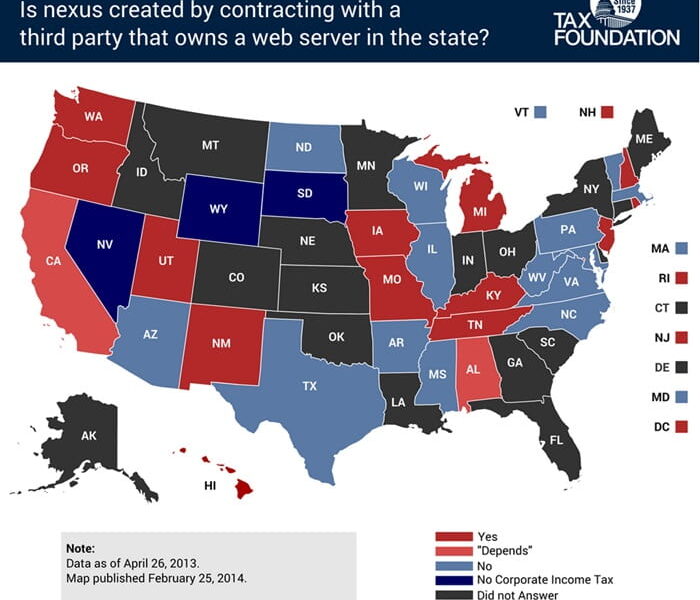Yes, in most jurisdictions in the United States, it is illegal to play loud music after 11 PM or during designated quiet hours. Noise ordinances are enforced at the local level and typically establish specific times during which excessive noise is prohibited to maintain peace in residential and urban areas.
Understanding Noise Ordinances
1. What Are Noise Ordinances?
- Noise ordinances are local laws that regulate noise levels to ensure community tranquility, particularly during nighttime hours.
- These ordinances often specify quiet hours, such as from 10 PM to 7 AM, though the exact times vary depending on the city or county.
2. Measuring Noise Levels
- Many ordinances define excessive noise based on decibel levels. For example, noise exceeding 50 decibels during nighttime hours in residential areas may be considered a violation.
- Some areas rely on subjective standards, such as whether the noise is “unreasonable” or “disturbing” to a reasonable person.
3. Common Exemptions
- Certain noises, like emergency vehicle sirens, public safety announcements, or sanctioned public events, are often exempt from noise ordinances.
Legal Consequences of Playing Loud Music After 11 PM
1. Fines and Citations: Violating noise ordinances can result in fines ranging from $50 to $500, depending on the jurisdiction and the severity of the violation.
2. Warning or Verbal Notice: Law enforcement may issue a warning or verbal notice for a first-time offense, especially if the noise is stopped immediately.
3. Repeat Offenses: Repeated violations can lead to higher fines, mandatory court appearances, or even criminal charges for disturbing the peace.
4. Civil Lawsuits: Neighbors disturbed by persistent loud music may file civil lawsuits for nuisance or seek injunctions to prevent further disturbances.
State and Local Variations
1. Quiet Hours Vary by Location
- In most cities, quiet hours begin at 10 or 11 PM and end at 6 or 7 AM. For instance:
- New York City: Noise exceeding 42 decibels in residential areas after 10 PM is prohibited.
- Los Angeles: Quiet hours are from 10 PM to 7 AM, with specific restrictions for amplified sound.
- Austin, Texas: Noise exceeding 85 decibels is prohibited after 10:30 PM in residential areas.
2. Rural vs. Urban Areas
- Rural areas may have more lenient noise restrictions, while urban areas often enforce stricter limits due to higher population density.
How to Avoid Violating Noise Ordinances
1. Be Aware of Local Rules: Check your city or county’s noise ordinances to understand specific restrictions on loud music and quiet hours.
2. Use Soundproofing: Install soundproofing materials in your home to reduce the impact of loud music on neighbors.
3. Lower the Volume at Night: Reduce the volume of music after designated quiet hours to avoid disturbing neighbors.
4. Communicate With Neighbors: If you’re planning a late-night event, inform neighbors in advance and ensure the noise remains reasonable.
What to Do If You’re Disturbed by Loud Music
1. Talk to Your Neighbor: Politely ask your neighbor to lower the volume. Many disputes can be resolved through communication.
2. File a Noise Complaint: If the noise persists, contact your local non-emergency police line to file a complaint. Provide details about the time, location, and nature of the noise.
3. Document the Disturbance: Keep records of the noise, including dates, times, and recordings, to support a formal complaint or lawsuit if necessary.
Related FAQs
Q1. Is it always illegal to play loud music after 11 PM?
Ans: No, it depends on local noise ordinances. Some areas may allow louder music in non-residential zones or during special events.
Q2. How are noise levels measured?
Ans: Many cities use decibel meters to determine whether the noise exceeds allowable limits. Others rely on subjective judgments of “unreasonable” noise.
Q3. Can I get arrested for playing loud music at night?
Ans: While arrest is uncommon, persistent or severe violations can result in charges for disturbing the peace, especially if warnings are ignored.
Q4. Are there exceptions for special occasions?
Ans: Some cities issue permits for late-night events or exempt noise from holidays like New Year’s Eve.
Q5. What should I do if my neighbor repeatedly violates noise ordinances?
Ans: File a formal complaint with local authorities and document the disturbances. You may also explore civil legal options if the issue persists.
Conclusion
Playing loud music after 11 PM is generally prohibited under local noise ordinances to ensure peaceful neighborhoods. Violators may face fines, warnings, or legal action if the noise disturbs others during designated quiet hours. To stay compliant, familiarize yourself with local regulations, lower the volume at night, and communicate with neighbors about potential noise concerns.

